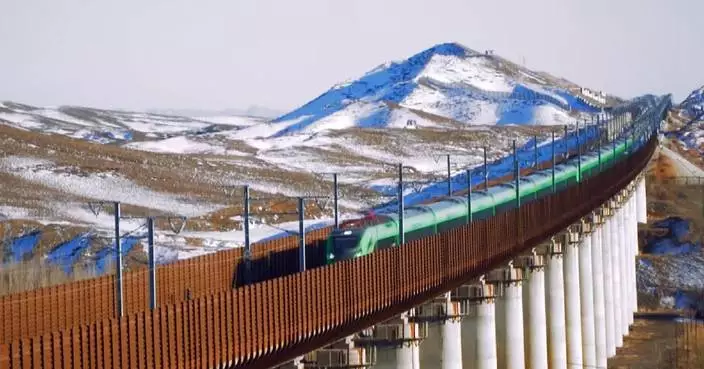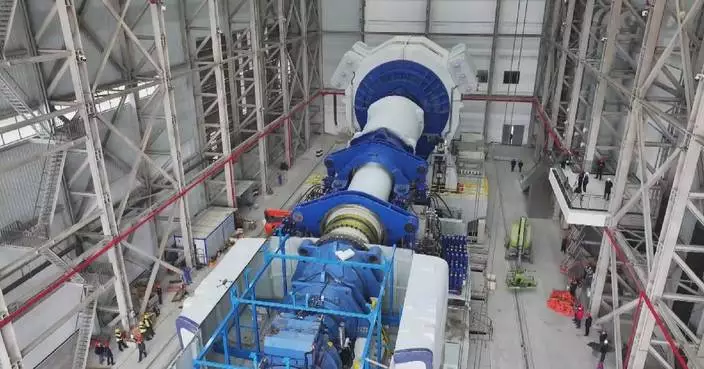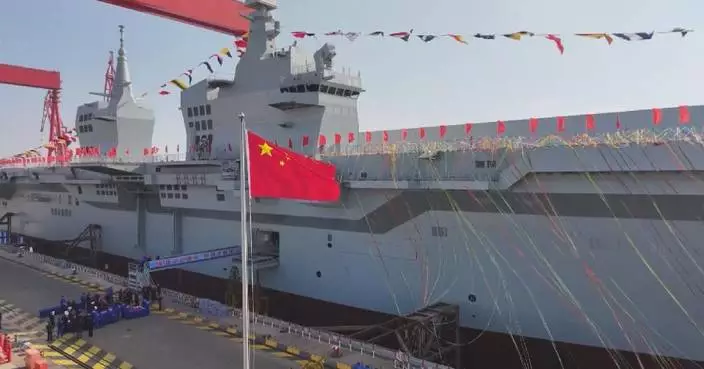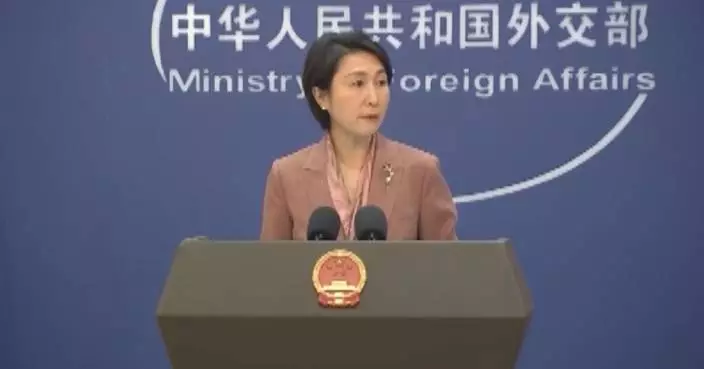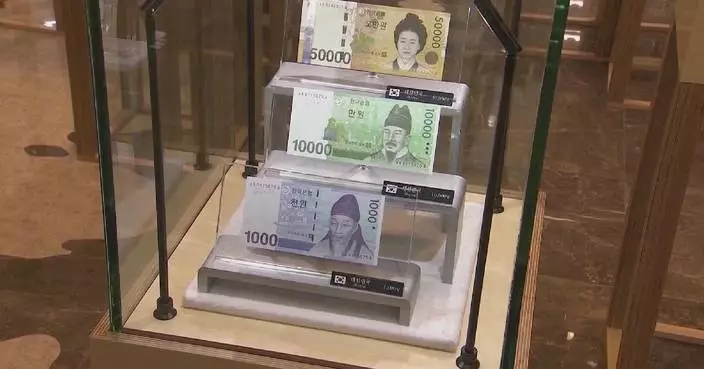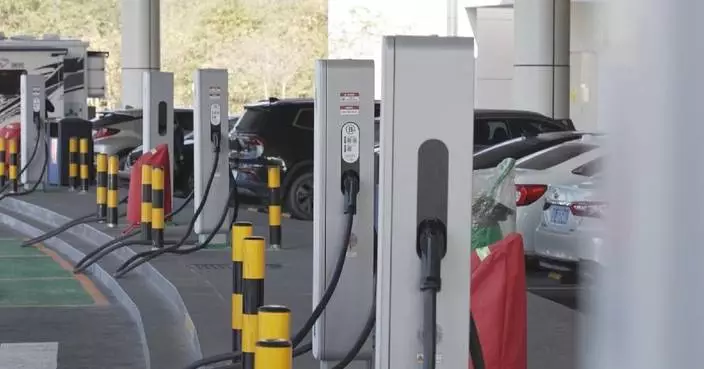Peruvian exporters are anticipating a surge in opportunities as China and Peru continue to strengthen economic cooperation within the Belt and Road Initiative (BRI), according to Julio Perez Alvan, president of Peru's Exporters Association (ADEX).
With Chinese President Xi Jinping set to pay a five-day state visit to Peru starting Wednesday, during which he will he also attend the 31st Asia-Pacific Economic Cooperation (APEC) Economic Leaders' Meeting in Lima, ties between the two sides are in the spotlight.
China has been Peru's top export destination for a decade, while Peruvian exports to China have seen annual growth of more than 13 percent over the past 14 years. At present, one-third of the Peruvian exports go to China.
In a recent interview with the China Global Television Network (CGTN), Alvan stressed that the free trade agreement signed between the two countries back in 2009 has benefited Peru. He also expressed optimism for expanded cooperation across various sectors, and believes this will help to create more employment opportunities.
"The thing is that we create more jobs, not enough, but this helps jobs, formal jobs, because 75 [percent] of the Peruvian economy is informal. So, this helps to formalize these jobs. Because all the workers have all the benefits for one job. This is the main thing here," he said.
Many Peruvian exporters are also hopeful for more deals can be struck between the leaders of the two countries, particularly after China and Peru announced they had completed negotiations on an upgrade of their free trade agreement during Peruvian President Dina Boluarte's visit to China back in June.
Noting the already strong economic ties between the two nations, Perez Alvan hopes there is scope for more cooperation across multiple fields.
"Other areas that we can cooperate, health areas, technological areas [and] sectors, exchange between students, professors, cultural events. We are trying to open more products to be sent to China. I hope this new part of the agreement is considering this, so this will be very beneficial for our country," he said.
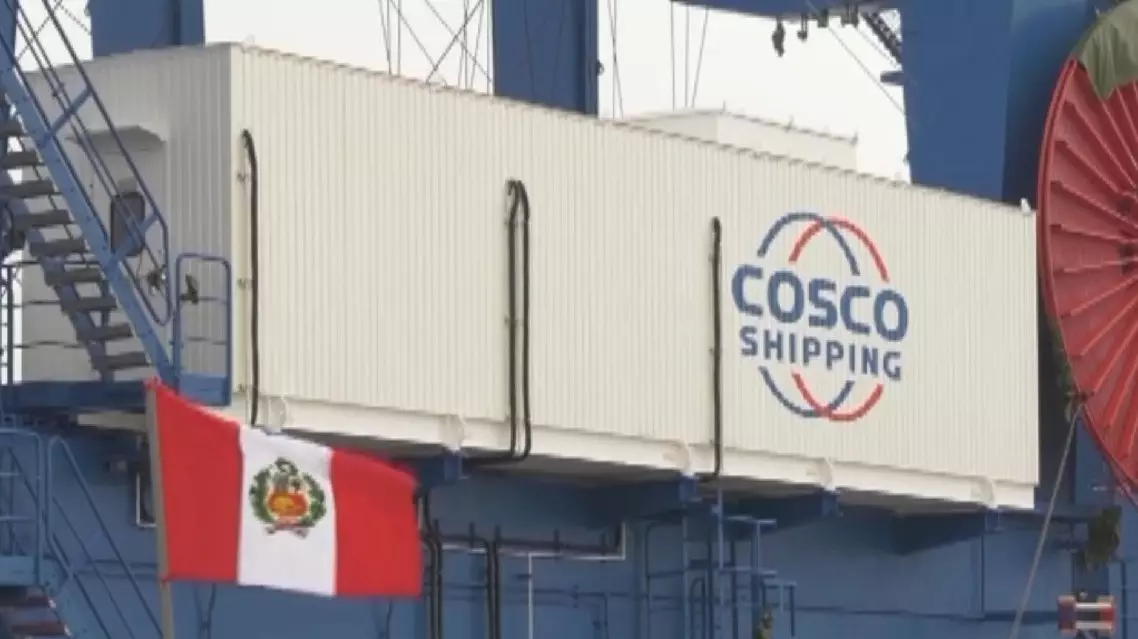
China-Peru cooperation opens up more job opportunities for Peru: exporter association head
China's transport sector has maintained steady economic growth this year, with continued reforms set to unleash the sector's growth potential, said an official from the Ministry of Transport in Beijing on Friday.
Officials from the ministry said at a press conference that China's transport sector has demonstrated a generally steady, sound, and upward trajectory in its economic performance throughout this year.
Investment in fixed assets in transportation has remained at a high level, with projections indicating that the total investment in fixed assets is set to reach around 3.8 trillion yuan (around 520.6 million U.S. dollars) for the year, according to the officials.
The total length of operational rail tracks is expected to exceed 160,000 kilometers, with high-speed rail tracks spanning over 46,000 kilometers. Additionally, about 50,000 kilometers of new roads are expected to be opened to traffic, along with the issuance of licenses for five new civil transport airports, officials noted.
"In 2024, the total passenger volume is expected to reach 64.5 billion trips, averaging 180 million trips per day, up 5.2 percent year on year. The freight volume is projected to reach 56.5 billion tons, averaging 150 million tons per day, up 3.5 percent year on year. The port cargo throughput is anticipated to reach 17.5 billion tons, showing a 3.4 percent year-on-year increase," said Li Yang, Vice Minister of Transport.
Meanwhile, with the effective implementation of existing and incremental policies, major indicators in the transport sector have continued to improve in the fourth quarter, Li noted.
"In November, both the growth rates of freight volume and port cargo throughput have been accelerating, increasing by 4.2 percent and 3.7 percent respectively year on year," he said.
Furthermore, officials briefed the conference that there will be an increased emphasis on stable and effective investments in the transport sector next year.
"We will promote transportation reforms, deepen reform in the integrated transportation system, advance the reform of the railway system, accelerate the development of general aviation and the low-altitude economy, thereby unleashing development vitality through reforms," Li said.
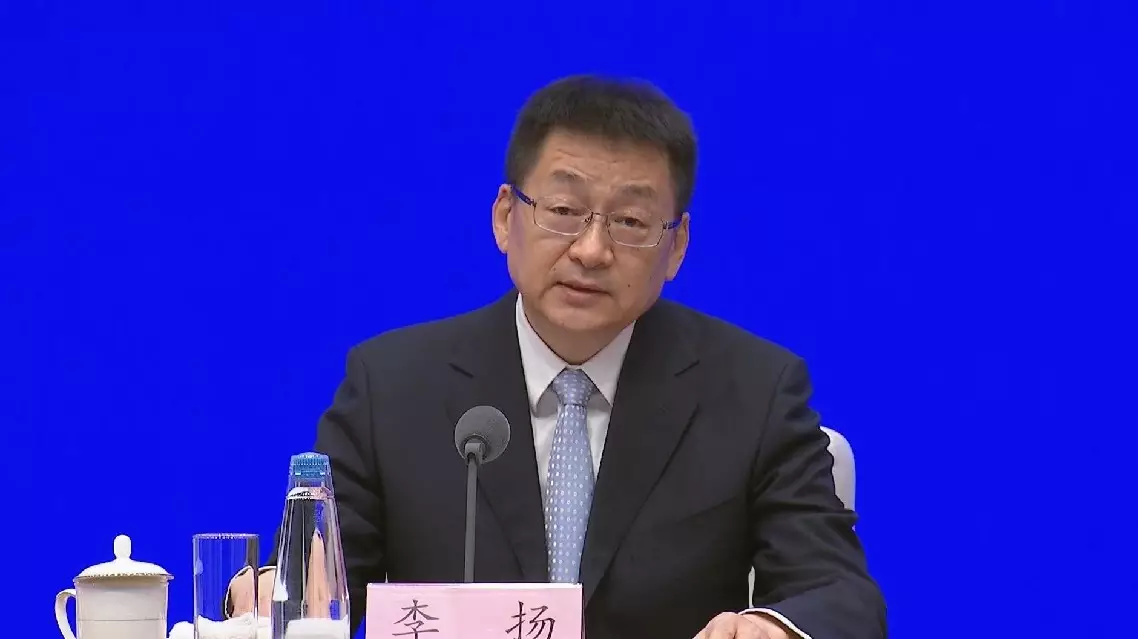
China's transport sector maintains steady economic growth in 2024: official





